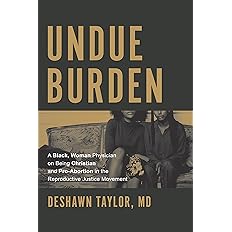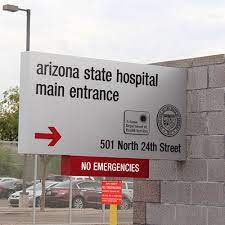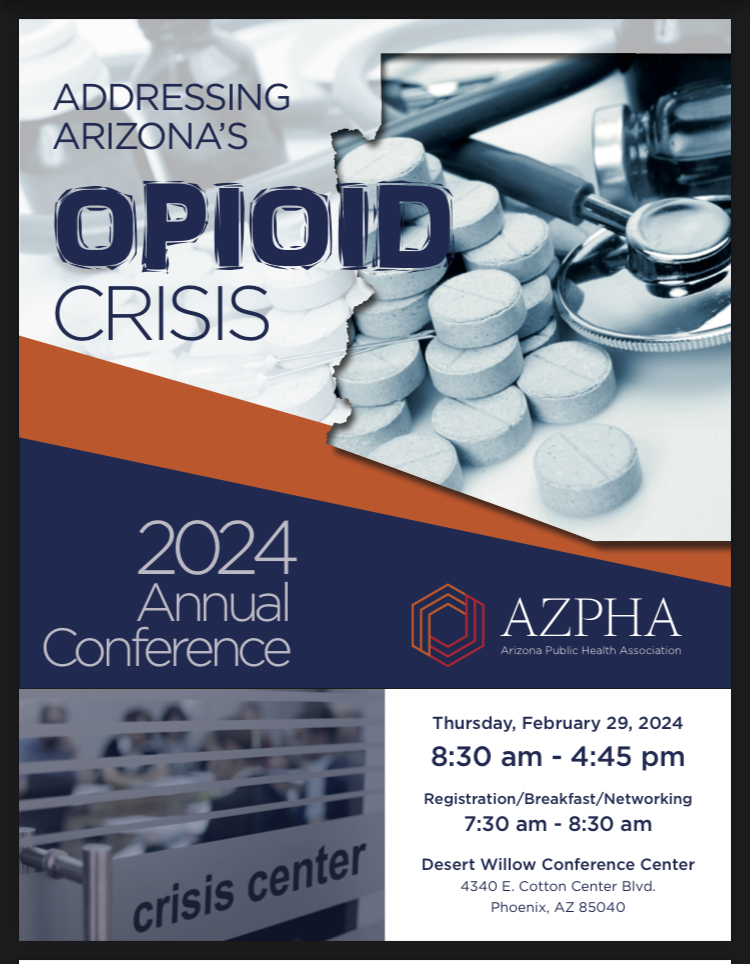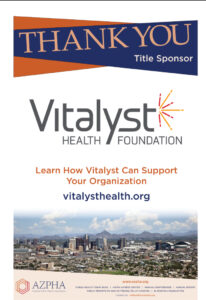Coconino County identified one confirmed case of measles last week and an additional probable case. That follows a couple of cases that Maricopa County identified. So far there hasn’t been any leakage of the virus into Arizona schools.
If that were to happen, especially in the parts of the state with really bad childhood immunization rates or in some of the charter schools (which have among the worst immunization coverage in the state), the virus could spread quickly.
New CDC Report: Arizona Has Among the Lowest Childhood Immunization Rates in the U.S.
Of course, the long-term key to preventing the spread of measles is improving our childhood immunization rates -but in the short run – containing the outbreak hinges on rapid identification of cases followed by a fast and thorough case investigation followed by interventions to identify susceptible folks who have been exposed.
Measles outbreaks are much like wildland fires. They are a lot easier to put out if you can contain it before it spreads out of control… so it’s critical that county health departments rapidly deploy resources and implement interventions early – especially if there are any school exposures.
So, what policy tools do county health departments have? Mostly case and contact control policy authority in the Arizona Administrative Code (R9-6-355).
Case control measures:
- Exclude a measles case from the school or childcare from the onset of illness through the fourth day after the rash appears
- Isolate and institute airborne precautions for a measles case from onset of illness through the fourth day after the rash appears.
- Exclude measles case from working at the health care institution from the onset of illness through the fourth day after the rash appears.
- Conduct an epidemiologic investigation of each reported measles case or suspect case.
Contact control measures:
- County health officers are responsible for determining which measles contacts will be quarantined or excluded from school or childcare to prevent transmission and arrange for immunization of each non-immune measles contact within 72 hours after last exposure.
-
County health directors have isolation, quarantine, and school exclusion authority for exposed unvaccinated contacts in R9-6-303. For measles that could include excluding the susceptible students for more than a month (two incubation periods).
- Healthcare institutions are expected to ensure exposed and susceptible staff (unvaccinated) do not participate in the direct care of a measles case or suspect case.
It’s unclear whether these initial measles cases will infiltrate poorly vaccinated schools where they could rapidly cascade – but it’s only a matter of time before that happens with continuously eroding childhood vaccination rates nationally and in Arizona.










